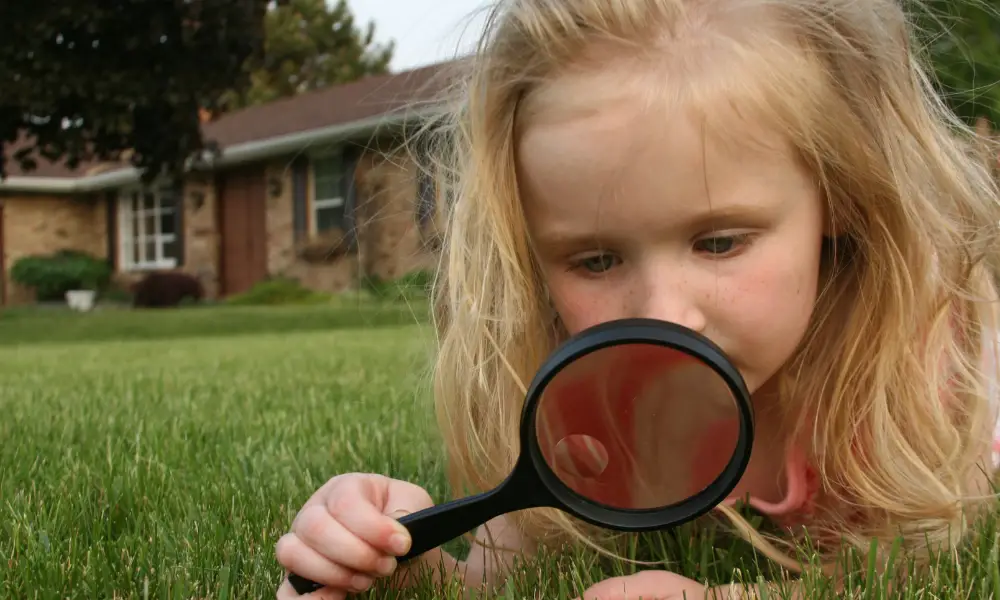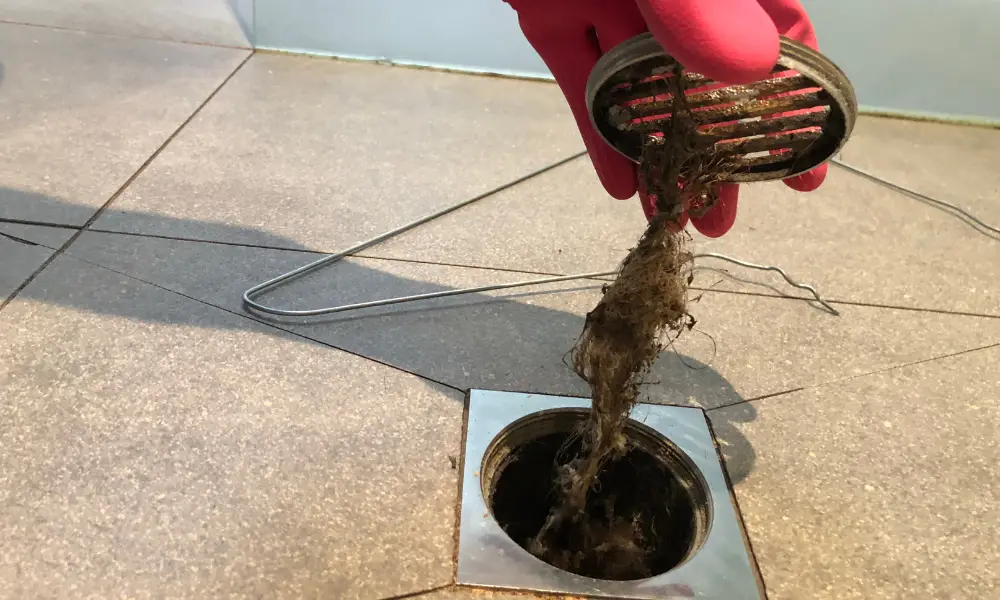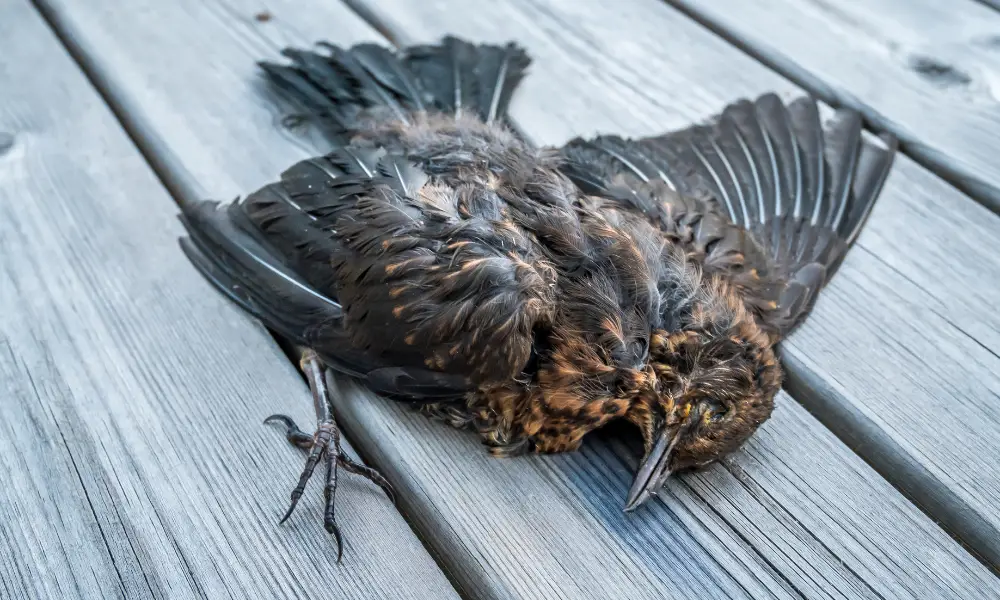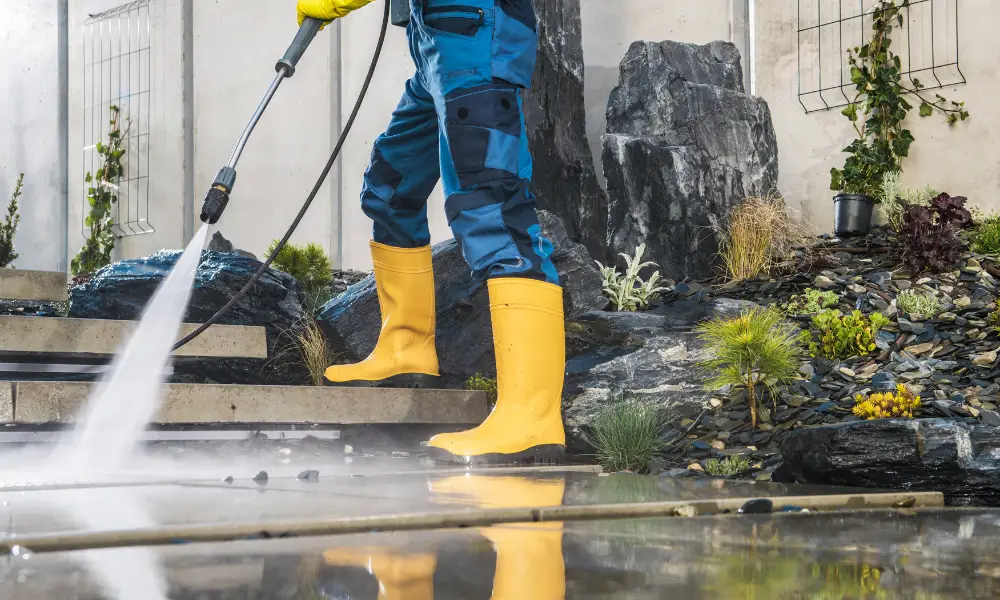You’ve probably noticed that unpleasant fishy odor in your backyard, and you can’t help but wonder what could be causing it. You’re not alone; many homeowners have faced this issue at some point.
Identifying the source of the smell is essential to effectively address the problem and restore your outdoor space’s fresh and inviting ambiance.
In this article, we’ll delve into potential causes for that fishy odor, including drainage and sewage issues, organic debris, and dead wildlife.
Our goal is to provide you with valuable insights into addressing these concerns while offering preventative measures to avoid future occurrences.
Investigating Potential Causes Of Backyard Smell

You’d be surprised how many reasons could be behind that fishy smell in your backyard, and trust me, it’s enough to drive anyone nuts!
One of the most common culprits is actually fishy plants. Believe it or not, certain plants emit a scent similar to that of fish when they’re in bloom or decomposing.
Some examples include boxwood shrubs and ginkgo trees. If you have any of these plants growing in your backyard, there’s a good chance that they’re responsible for the odor.
Another possibility is the presence of aquatic creatures on your property. Ponds, birdbaths, and other water features can attract various creatures like frogs, turtles, and even some types of insects.
These animals may carry an odor reminiscent of fish due to their natural habitat – especially if there’s standing water nearby where algae or bacteria can grow unchecked.
Additionally, if you’ve recently applied any fertilizers or pesticides containing fish-based products (such as fish emulsion), this could also contribute to the smell.
To pinpoint the exact cause of the fishy odor in your backyard, take a thorough walk around your property while paying close attention to any potential sources mentioned above.
Check for any decaying vegetation or stagnant water features where smells might originate before taking steps to address these issues accordingly.
By eliminating each possible source one by one until you find what’s causing that pesky smell, you’ll be able to restore your outdoor space into a pleasant environment once again!
Addressing Drainage and Sewage Issues

It’s possible that drainage or sewage issues could be causing the unpleasant fishy odor in your outdoor space.
These issues might stem from a variety of factors, such as poor maintenance, blockages, or even damaged pipes.
Identifying and addressing these problems is essential to eliminating the smell and maintaining a healthy environment in your backyard.
To help you tackle any drainage and sewage concerns, consider the following four steps:
- Inspect for signs of sewage backup: Look out for signs like slow-draining sinks, gurgling noises from toilets, or even visible sewer water pooling in your yard. These indicators suggest there might be a problem with your sewer line that needs attention.
- Regularly clean gutters and downspouts: Drainage maintenance plays a crucial role in preventing excess water buildup and associated odors. Ensure leaves, debris, and other obstructions are cleared from gutters regularly to allow proper water flow away from your home.
- Check for pipe damage: Tree roots or ground movement can cause cracks or breaks in underground pipes leading to leaks and subsequent odors. If you suspect this issue, consulting with a professional plumber would be wise.
- Install proper landscaping features: Implementing adequate slopes around your property can help direct water away from the foundation of your home. Additionally, installing French drains or catch basins can provide supplementary support to manage excess water.
By taking these measures into account, you’ll not only address existing drainage and sewage issues but also prevent future occurrences of foul smells in your backyard oasis.
Remember that maintaining an efficient drainage system is vital for preserving both the health of your outdoor environment and the overall enjoyment of it by you and your loved ones.
Don’t hesitate to seek professional assistance if necessary; investing time and resources now will ultimately pay off as you enjoy a fresh-smelling backyard free of lingering fishy odors!
Removing Organic Debris and Dead Wildlife

A stench that’s rotten to the core could be lurking in your outdoor haven due to accumulated organic debris or, heaven forbid, deceased critters are hidden away.
When leaves, grass clippings, and other plant matter accumulate in your backyard, they begin to decompose and create an unpleasant smell similar to rotting fish.
This problem can be exacerbated when dead wildlife is present – whether from natural causes or unfortunate accidents.
In such cases, removing these sources of foul odors is essential for restoring the fresh air and pleasant atmosphere you desire.
| Potential Cause | Solution | Emotional Impact |
|---|---|---|
| Organic Composting | Properly maintain your compost pile by turning it regularly and ensuring a balanced mix of materials. This will reduce odors and accelerate decomposition. | Relief from knowing your efforts are eco-friendly while keeping the smell at bay. |
| Dead Wildlife | Safely remove carcasses using gloves and dispose of them according to local regulations. Consider wildlife relocation if necessary to prevent future incidents. | Peace of mind knowing you’ve respectfully dealt with nature’s cycle while preserving harmony in your backyard sanctuary. |
| Stagnant Water & Wet Debris | Improve drainage systems and remove excess water from low-lying areas where debris accumulates; consider installing rain gardens or French drains as needed. | Satisfaction is achieved by solving a persistent issue through practical solutions that also beautify your space. |
By addressing these potential causes, you’ll not only eliminate the unpleasant fishy odor but also contribute positively to your backyard ecosystem through organic composting practices and responsible wildlife management (such as relocation).
With proper care for both living creatures and decaying materials in their environment, you’re helping maintain a healthy balance that supports life without sacrificing cleanliness or aesthetic appeal for yourself or others who share this cherished space with you.
So take action now – breathe deeply once again amid fragrant blossoms instead of foul aromas – relishing the knowledge that you’ve taken charge of your surroundings and achieved the harmonious haven you deserve.
Implementing Preventative Measures and Solutions

Taking action to prevent future foul odors in your outdoor sanctuary is essential, and you’ll be thrilled with the results once you’ve implemented some effective solutions.
Addressing the root cause of fishy odors in your backyard is key to maintaining a pleasant environment for you and your family.
By tackling potential sources of these smells head-on, you can ensure that your backyard remains an inviting space for relaxation and enjoyment
Here are some preventative measures and odor-neutralizing solutions to consider:
- Regularly clean and maintain any water features: Standing water can quickly become a breeding ground for bacteria, algae, and other microorganisms that produce unpleasant smells. Ensure that fountains, ponds, or birdbaths are cleaned regularly to reduce the chance of foul odors developing.
- Properly dispose of food waste: If you have outdoor dining or cooking areas, make sure all food scraps are promptly disposed of in sealed containers to avoid attracting scavengers like raccoons or rodents, which could bring in fishy-smelling waste.
- Consider odor-neutralizing solutions: There are many products on the market designed to combat undesirable scents without resorting to harsh chemicals. Look into options such as activated charcoal pouches or natural enzyme-based odor eliminators, which can be safely used around pets and plants.
By diligently attending to these preventative measures and incorporating odor-neutralizing solutions into your backyard maintenance routine, you will greatly reduce the likelihood of fishy smells returning.
It’s important not only for the aesthetic appeal but also for ensuring a healthy environment free from harmful bacteria or pests that these odors might attract.
So go ahead – take action today and reclaim your peaceful backyard oasis!
Conclusion
Well, now you know why your backyard smells fishy. It’s not a secret seafood feast your neighbors are throwing without inviting you – it’s likely drainage issues, organic debris, or even dead animals lurking nearby.
Who knew solving this stinky mystery would lead to becoming an expert in sewage systems and wildlife removal? Congratulations on leveling up in home maintenance skills!
With these preventative measures and solutions in place, your backyard will soon be scent-free and ready for those envy-inducing summer barbecues.




